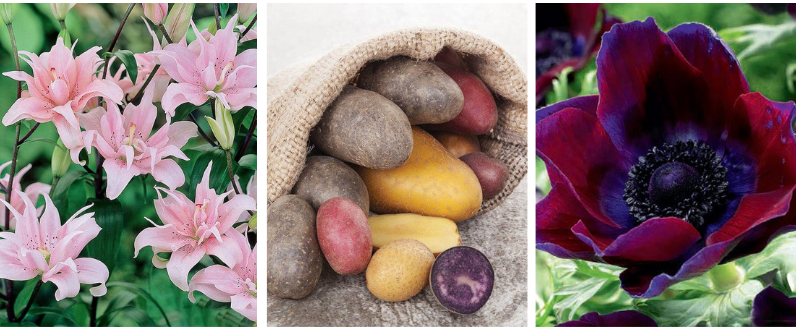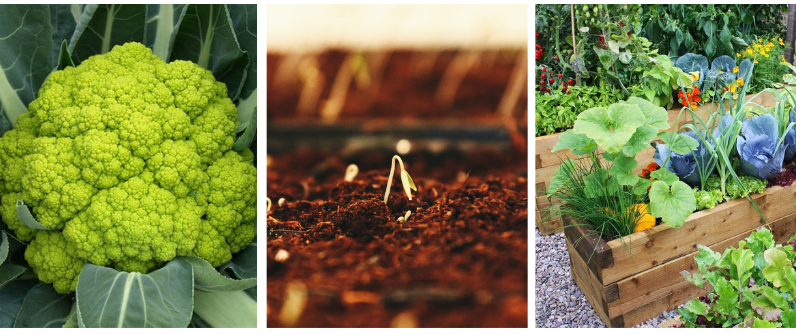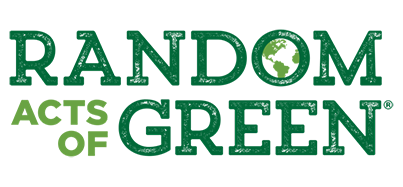West Coast Seeds encourages sustainable gardening practice through experience, products, knowledge, and support.
West Coast Seeds are certified by the Pacific Agricultural Certification Society as a handler of organic seeds. Clear documentation follows every seed lot that enters their facility and follows it onto the seed packets that their customers take home to plant!

“We are subject to regular audits that confirm our record keeping is perfect and that no synthetic chemicals are used on our farm.”
None of West Coast Seeds are treated with fungicides, pesticides, or insecticides – all of which can be harmful to soil ecosystems and the greater environment.
“These products are often used in gardens and agricultural lands to reduce the risk of crop failure due to insects, pests, and fungus in the garden, but we strive to educate gardeners to consider natural and ecologically friendly methods for producing healthy sustainable crops. This includes teaching gardeners traditional and time-honored gardening practices including companion planting, crop rotation, no-till gardening, and planting cover crops.”

West Coast Seeds are committed to organic farming and sustainable agriculture that promotes local and regional farmers and genetically stable food sources for future generations.
“We believe that an ecologically responsible garden can be grown anywhere; on a patio or balcony in urban environments, in a suburban neighbourhood, on large farming operations, or even when sprouting seeds on a kitchen counter top.”
West Coast Seeds have a wide range of products that aim to improve our environment including pollinator friendly flower and plant seeds, ecologically friendly lawn solutions, and sustainable seeds for herb and vegetable gardens.
As one of the founding signatories of the Safe Seed Pledge, West Coast Seeds have pledged to not knowingly buy or sell genetically engineered (GEO/GMO) seeds or plants.
They also support and partner with charities and organizations that share their commitment to sustainable gardening practices and enable their communities to grow healthy, organic food.




